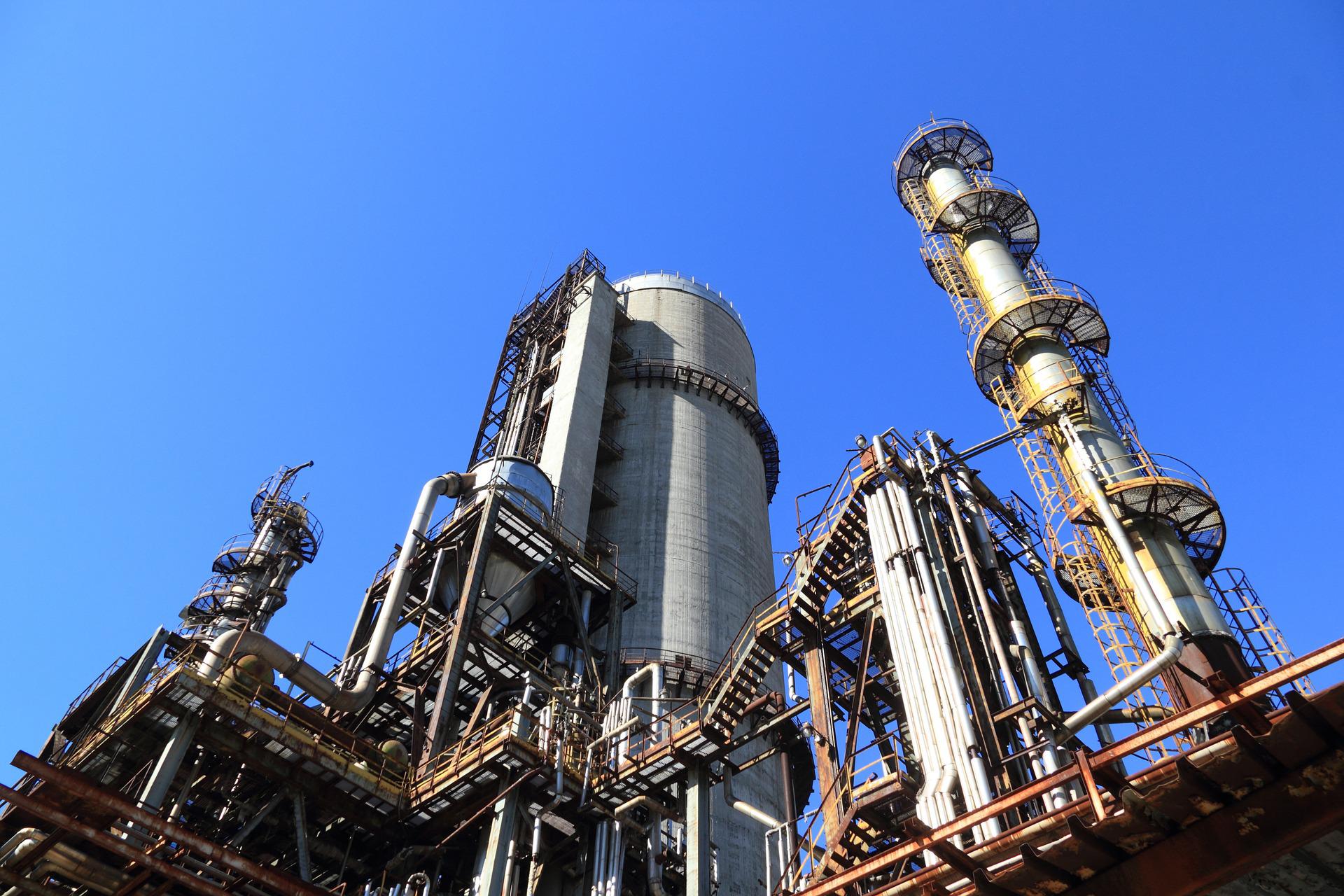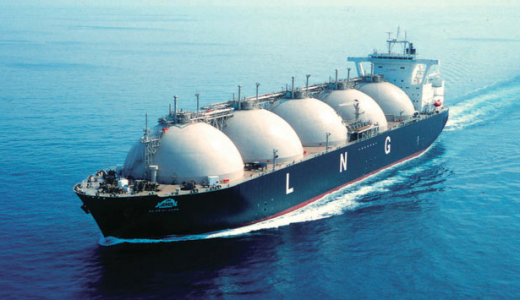Energy Security in Europe – National Perspectives Part 2: Bulgaria
by Tanja Maximow, GIZ/EUKI
The Kremlin’s invasion of Ukraine and the resulting rise in prices for fossil fuels have once again underscored Europe’s energy supply dilemma. The conflict has led to calls for energy autonomy in EU countries. Russia’s halting of gas supplies to Bulgaria and Poland is yet another sign of the high risk that dependence on fossil energy poses to Europe’s security of supply.

According to the European Commission, 20 EU countries are heavily reliant on Russian gas, oil and coal. Around 40% of the natural gas consumed in the EU originates from the Russian Federation. More and more EU countries are now seeking to move away from energy supplied by Russia. At European level, the plan is to reduce Russian energy imports by two thirds in 2022 and phase them out completely by 2030. These efforts also raise the question of energy security. However, each EU country’s situation and options for action are different: while the European Union is clearly focusing on energy efficiency measures, expanding renewable capacities and diversifying energy sources and supply routes, some European countries can only achieve energy security in the short term by reverting back to coal mining or increasing the use of nuclear energy.
At the EUKI Academy event Russian Invasion of Ukraine: Implications of Energy Transition in CEE, Ruslan Stefanov, Director of the Economic Programme at the Centre for the Study of Democracy and project partner of the EUKI project Distributing the Impacts of Carbon Pricing in CEE spoke on Bulgarias approach to the current energy crisis and the national strategies to secure energy supply.
Bulgaria – fast energy alternatives needed
On April 27, 2022, Russia announced that it would stop supplying gas to Bulgaria. At that time, the country was almost completely dependent on Russian gas and oil. Gazprom supplied 85-90% of the country’s gas. Still, 60% of Bulgaria’s oil is sourced through the only Bulgarian refinery, which is also owned by a Russian energy company. The country’s dependence on Russian energy supplies allows little flexibility to find short-term solutions. As recently as mid-March, Ruslan Stefanov, Programme Director and Chief Economist at the Center for the Study of Democracy, gave his assessment of Bulgaria’s stance towards Russia at the EUKI Academy seminar:
In recent weeks, however, and as the war in Ukraine has dragged on, there has been a shift in thinking among Bulgarian policy-makers. Despite its high level of dependence, the country announced in mid-March that it would not renew its contract with Gazprom, which expires at the end of 2022, and would meet its demand for natural gas from elsewhere. This is because Bulgaria has also pressed ahead in recent years with the construction of a pipeline linking the Bulgarian network with Greece. The Greece-Bulgaria Interconnector is scheduled to come on stream in the summer of 2022 and could reshape the energy map of south-eastern Europe.
After Gazprom stopped its gas supplies to Bulgaria at the end of April, the country had to act quickly. The EU Commission and Bulgaria agreed to set up a regional task force in Sofia. Bulgarian infrastructure now wants to use the freed-up capacity of the Trans-Balkan Stream to coordinate gas and electricity distribution in the region and transport liquefied natural gas (LNG) via Turkey and Greece. With the aim of securing energy security in Southeastern Europe, the countries of Azerbaijan, Greece, Northern Macedonia, Romania and Serbia, also joined the regional task force on 5 May 2022.

Another question that arises in Bulgaria’s case is whether energy security can be completely guaranteed once Russian gas has been phased out? In its quest for greater energy independence, the Bulgarian Ministry of Energy commissioned the rapid construction of another nuclear reactor, because ‘all our nuclear energy also comes from a Russian-built power plant’, as Stefanov mentioned in his Academy talk.
CEE Bankwatch, the implementing organisation of the EUKI project Energy Transformation Debate in CEE, calls on Bulgaria to end its dependence on Russian energy immediately. The organisation, which seeks to communicate the opportunities and socio-economic benefits of the energy transition to people living in Central and Eastern Europe through its EUKI project, has criticised the construction of the planned nuclear power plant as contrary to a sustainable Bulgarian energy transition. Todor Todorov from CEE Bankwatch said: ‘The construction of new nuclear power plants in Bulgaria should be out of the question for obvious environmental and financial reasons. It is time to finally embrace sustainable solutions to increase the country’s energy independence, protect the natural environment and improve people’s quality of life.’ In the long run, Bulgaria too has no choice but to take reforms that will lead to a faster and equitable energy transition.
As an alternative, the Bulgarian Government is planning to build a national energy storage network. Stefanov is critical of these plans:
‘I think the Bulgarian Government’s plan to invest EUR 1.5 billion of the stimulus package in battery storage is a gamble. Countries with little equity and a high level of energy poverty in the population should invest in what has already proven successful: energy efficiency, investments in renewable energy such as onshore and offshore wind energy and decentralisation of power generation. In the long term, we have to understand that when it comes to energy security, the best approach would be to focus on renewables and for Bulgaria and Europe to also invest in research and development.’
Ruslan Stefanov, Center for the Study of Democracy
